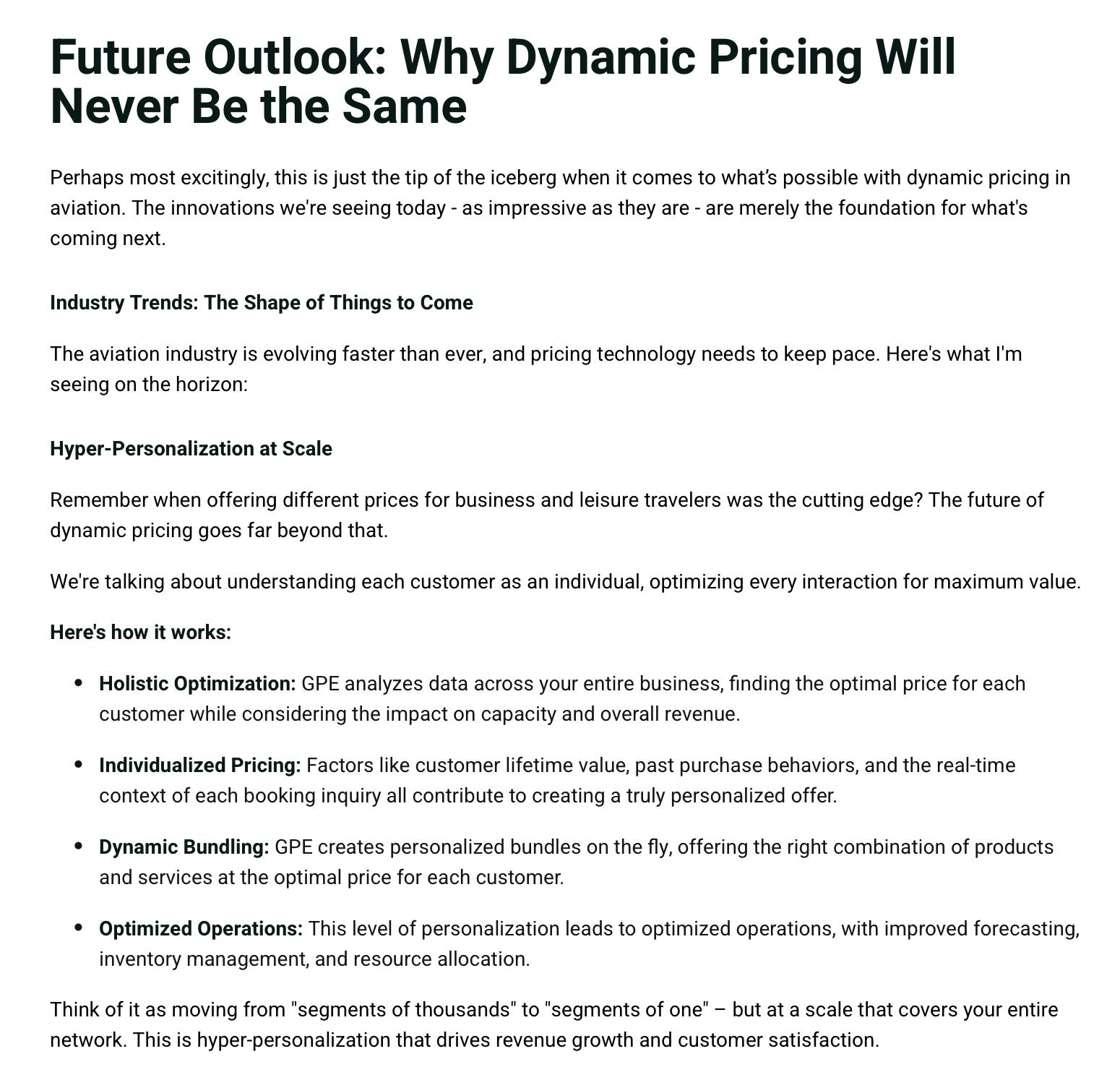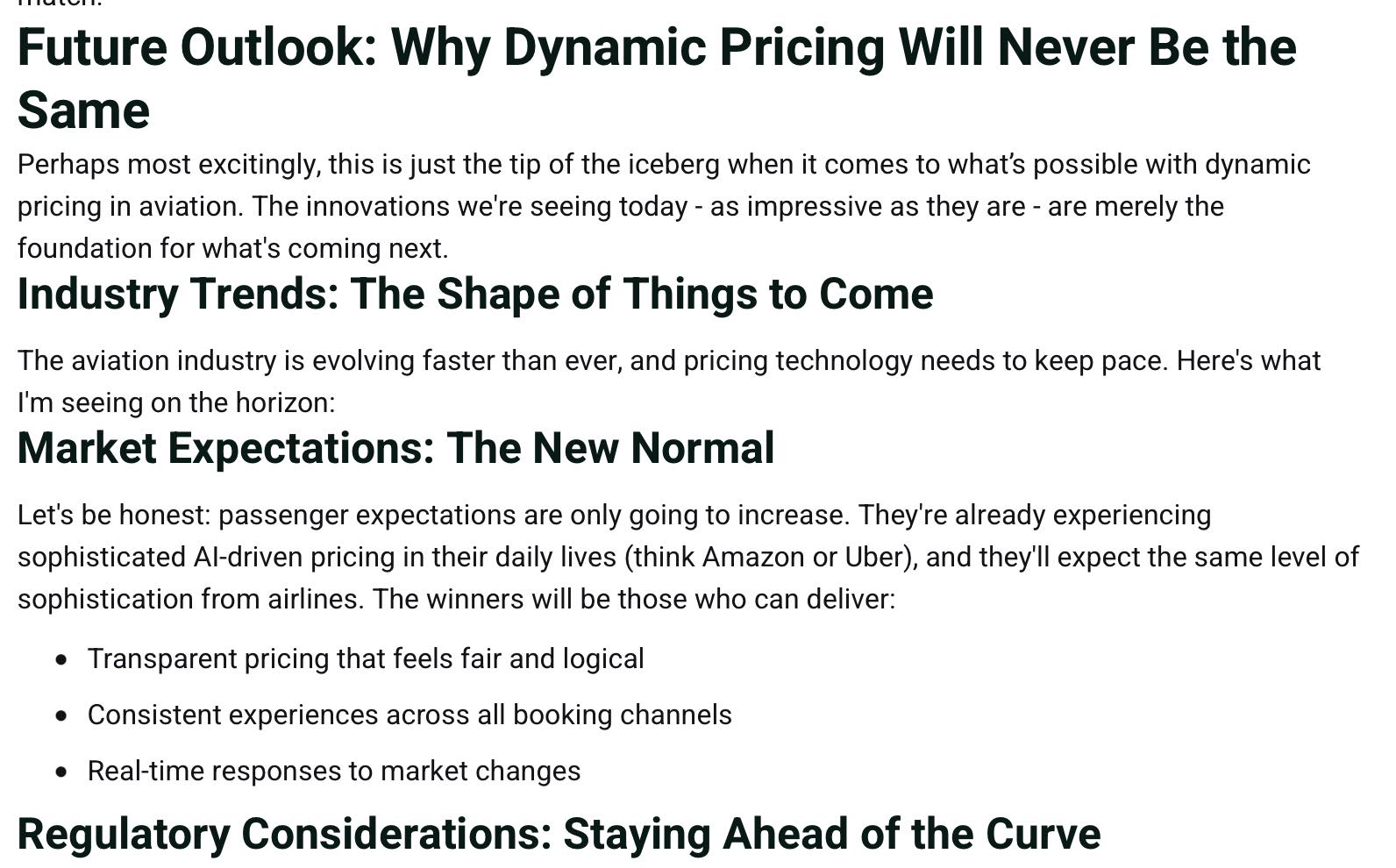
Questions are swirling over the controversial use of artificial intelligence (AI) by Delta Air Lines to set ticket prices after its development partner whitewashed a blog post that boasted of individualized airfare pricing based on a number of factors like purchase history and “lifetime value.”
Delta AI Partner Quietly Edits Blog Post After Exposing Individualized Airfare Pricing
A white paper by Uri Yerushalmi, the co-founder and chief AI officer of Fetcherr, emphasizes the “head-spinningly complex” future of AI pricing when it comes to airfare. Fetcherr is the Israel-based software company that works with Delta Air Lines and other carriers to integrate AI pricing models.
Yerushalmi describes a pilot artificial intelligence program that Fetcherr created for an unspecified partner airline. He describes taking a relatively simple pricing structure and replacing it with a head-spinningly complex one, featuring many more fare classes with prices that swing wildly from one moment to the next. According to the paper, which the company shares with prospective customers, such pricing structures are so complex they “go beyond human cognitive limits.”
So far, so good. Well, not good in the sense that this could lead to many consumers paying more for airfare, but it’s understandable that more dynamic pricing than we currently have could theoretically help better achieve a supply/demand equilibrium.
Still, Yerushalmi reasons the model is “designed to ingest complex information about markets and to create pricing strategies that can dramatically raise revenue.” Yerushalmi calls this the “exploitation phase.”
Beyond the arguably carless words of Delta President Glen Hauenstein (prompting a letter of concern from three US Senators and a fierce denial from Delta), both Delta and Fetcherr have recently insisted that there will be no individualized pricing in the use of its AI for airfare.
For example, Fetcherr issued a statement saying:
“Fetcherr’s technology has been developed to streamline processes already in place at companies and does not allow for individualized or personalized pricing.”
But here’s the disconnect. Thirfty Traveler noted a blog post by Fetcherr that boasted of “hyper-personalization” and the sort of individualized pricing that would take into account purchase history and the “lifetime value” of a customer.
After reporting on that, Fetcherr removed the blog post for a few days and then republished it with the “individualized pricing” section removed (and backdating it to make it look like there was no change).
Old version:

Current version:

What’s missing in the new (backated) version? This section:
Hyper-Personalization at Scale
Remember when offering different prices for business and leisure travelers was the cutting edge? The future of dynamic pricing goes far beyond that.
We’re talking about understanding each customer as an individual, optimizing every interaction for maximum value.
Here’s how it works:
- Holistic Optimization: GPE analyzes data across your entire business, finding the optimal price for each customer while considering the impact on capacity and overall revenue.
- Individualized Pricing: Factors like customer lifetime value, past purchase behaviors, and the real-time context of each booking inquiry all contribute to creating a truly personalized offer.
- Dynamic Bundling: GPE creates personalized bundles on the fly, offering the right combination of products and services at the optimal price for each customer.
- Optimized Operations: This level of personalization leads to optimized operations, with improved forecasting, inventory management, and resource allocation.
Think of it as moving from “segments of thousands” to “segments of one” – but at a scale that covers your entire network. This is hyper-personalization that drives revenue growth and customer satisfaction.
If that’s not a smoking gun, then I don’t know what is…
And all that points to a disconnect between what Delta is saying and the reality of what Fetcherr is developing.
Until that is clarified, questions over Delta’s AI investment will continue…
image: Delta Air Lines




Oh this needs to me investigated by regulators and congress and they need to train klieg lights on it.
Nuke it from orbit.
Let’s be honest – DL got caught with its hand in the cookie jar and is swiftly backtracking now that the trial balloon went over like a hand grenade.
Let’s also be honest that AI pricing is coming sooner rather than later. If it’s just the ability to quickly respond to perceived changes in demand, or for the airline to try to upsell me on something (hey, we see you’re headed to Munich and did a bunch of searches for restaurants, want to click on this link to book a dinner table with our partner for 15% off?), it’ll be annoying but tolerable. I just hope DL or someone else doesn’t develop an algorithm to scrape our emails and then jack up the price 2x once they see I’ve already booked hotels.
Here at AI we are preparing the next step, to set the going rate for a Congressman (to overlook discriminatory pricing or whatever other maltreatment of Delta customers)
It would be interesting to know whether any EU/UK airlines are into this sort of stuff and the limits to what’s permissible under GDPR.